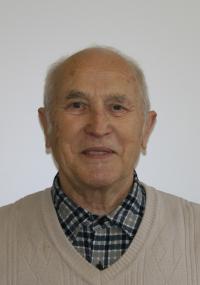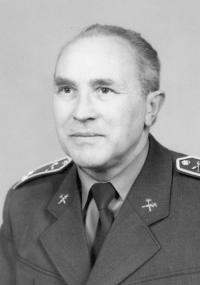I said that I did not agree with the entry of the armies in August 1968, and they expelled me from the Party and from the army

Download image
Jiří Marel was born as the second of twins on May 21, 1936 in Písek. He experienced the Second World War and his childhood years there. While in Písek, he also witnessed the retreat of the German army, the liberation of the town by Americans and the arrival of the Red Army. He studied secondary technical school and then military engineering in Brno. Subsequently he worked as a technician in a tank battalion in a number of places in the country (such as in Tábor or Jindřichův Hradec). A turning point in the lives of most of the Czechoslovak citizens at that time was marked by their declaration of approval for the entry of the Warsaw Pact armies in August 1968. Jiří Marel, who was still a soldier at that time, did not sign the declaration of approval with the occupation and he was dismissed from the army. He then worked in Milevsko, in Chlumec nad Cidlinou, Hradec Králové and Prague. He had problems finding employment in his profession because his negative personal-political references followed him. In the early 1990s he was allowed to return to the army where he continued working until his retirement. After retiring, he and his wife moved to Louny where he now leads a club for model railway hobbyists in the Prokop Holý Elementary school.

